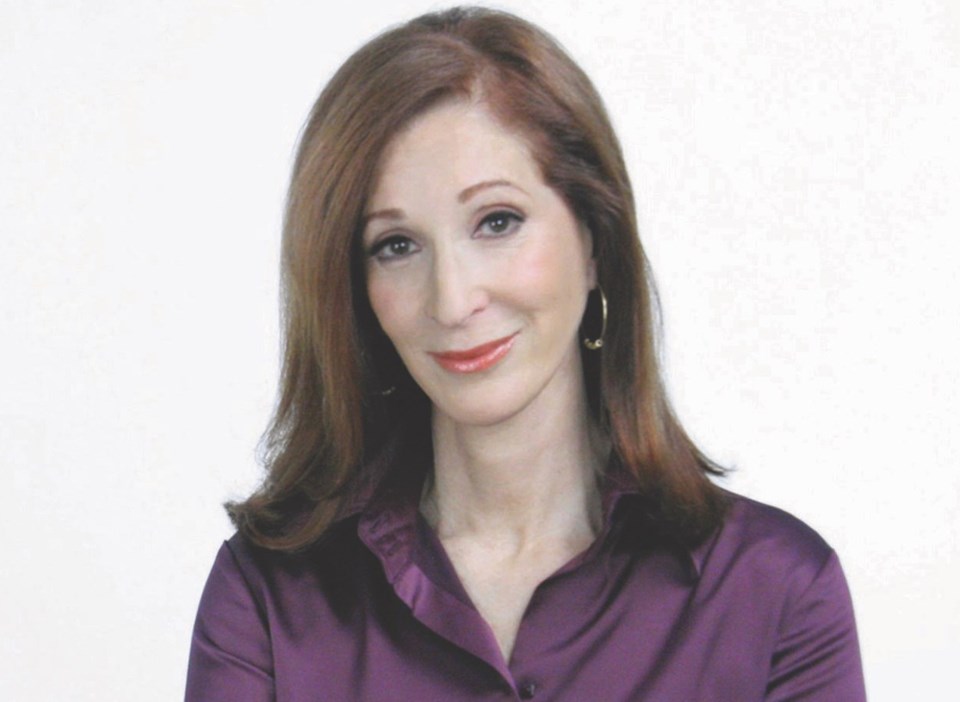 Dear Readers: Sometimes a question in this column sparks a strong reaction, which is most interesting when several sides are voiced.
Dear Readers: Sometimes a question in this column sparks a strong reaction, which is most interesting when several sides are voiced.
This has been the case with the great-aunt’s letter about her great-niece, age six, whom she described as “sweet, bright, full of charm.”
The girl had been sent to live 50 kilometres miles away with her mother’s parents, whom the great-aunt described as “dysfunctional” (April 28):
Reader 1: “The author of the letter is a meddling busybody who only sees the negative in any situation she can’t control.
“It’s the husband’s aunt who’s writing, not his mother or himself.
“To accuse the wife of being lazy, negligent and having dysfunctional parents indicates to me that the aunt has a deep dislike for her nephew’s wife.
“Yet she may be in genuine need of assistance with three children ages six and under.
“The husband with “a responsible job” is working from home and does everything, just as his wife has a responsible job at home (caring and nurturing for three children).
“The tone of the author’s letter is uppity, judgmental and condescending.”
Reader 2: “If the writer suspects that the child won’t thrive in the grandparents’ care, she has a duty and responsibility to call the Children’s Aid Society to investigate the child’s well-being.
“She doesn’t have to prove that any mistreatment has taken place. But, clearly, she suspects that the child isn’t being cared for well.
“That’s the only information she needs, to make a valid call to the Children’s Aid Society to potentially protect the child’s well-being.”
Reader 3: “Your column mentions that during the Second World War, British children were sent away from England. This is generally considered to have been a big mistake.
“Many of these children suffered long-term psychological problems. They felt unconnected to their families and were resented by their peers, who’d endured the blitz.
“Although the motives were good, there were lots of extremely unfortunate and unforeseen consequences.”
Reader 4: “The missing red flag is that there’s no concern for the mother’s emotional and mental state of mind.
“Depressed people are often labelled “lazy.” They need a professional diagnosis and possible treatment for what may be going on here.
“Take a baby, a toddler and child, age six, plus isolation and a pandemic, and one can quickly see how this mom would become overwhelmed.
“We don’t know the true dynamics of her relationship with her husband.
“Then there’s a “concerned great aunt” who thinks she knows what goes on in this home. She’s judgmental.
“True needs should be identified and appropriately infused into this home immediately. Has she sent over meals, offered to grocery shop, asked how she can help?
“Immediate positive actions need to happen. Before this situation deteriorates to a scenario none of us wants to see, let’s turn this around and save a family.”
Ellie: An important aspect of this column space is that readers look at situations from many possible viewpoints, including through the lens of personal experience.
These last comments from Reader 4 reflect compassion and intimate awareness of the day-to-day pressures on mothers of youngsters during these long busy days of keeping them engaged, fed, clean and safe while the shadow of COVID-19 hangs over the adults’ heads.
As I wrote: The great-aunt and the husband’s mother could be contributing to the girl’s well-being at her grandparents’ home, and the child’s father should assure that she’s fine through phone/online contact and visiting her (with appropriate distancing from the grandparents).
Dear Ellie: I’m a single senior with mobility and health issues. My sister and brother-in-law live 15-minutes’ drive away.
I’m used to not seeing/hearing from them often, but Iam feeling more alone and depressed.
My sister says that she loves and cares about me, but since self-isolation started, she’s phoned twice and sent one text.
I’ve called her several times and am tired of being the one to contact them.
Strangers are helping me with basic necessities. It hurts just waiting for the phone to ring.
Alone
It’s understandable that you’re lonely. But texting helps start contact, and so does facetime. Don’t wait for a phone call, initiate it yourself.
Lift your spirits with music and TV shows that you like. Tell your sister about them. Even brief conversation is better than waiting for a call.
For more help regarding your health issues and getting necessities, call your local public health office.
Ellie’s tip of the day
Families are facing many pressures while trying to survive this pandemic.
Send relationship questions to ellie@thestar.ca.
Follow @ellieadvice.


